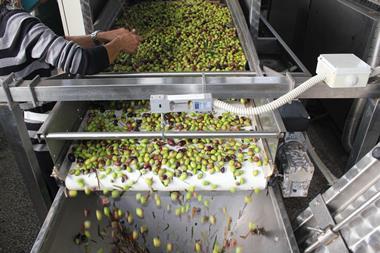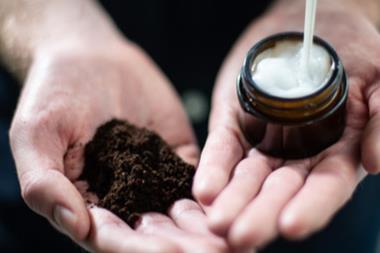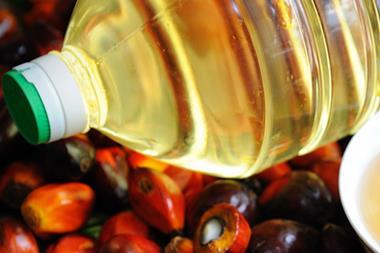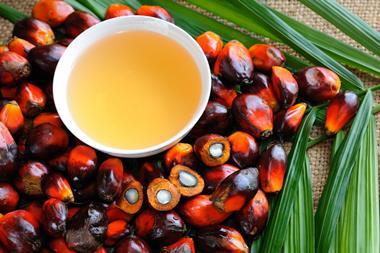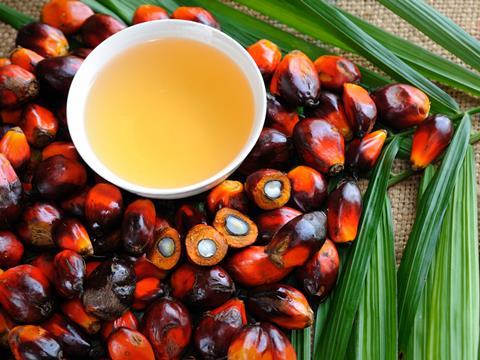
Indonesia has clarified that a shock ban on exports of palm oil will not include crude palm – bringing relief to a jittery oils market already reeling from soaring prices and shortages.
The ban was announced on Friday by president Joko Widodo, who said it was needed to shore up supplies for Indonesia’s 270 million people after protests over rising food prices.
But the government has since said the ban, which was due come into effect on Thursday ahead of the Eid-al-Fitr/Lebaran holiday marking the end of Ramadan, would be limited to bulk and packaged palm oil olein, which makes up around 30% of Indonesia’s total palm oil exports.
With close to 60% of the world’s palm oil sourced from plantations dotted across Indonesia’s vast 3,000-mile wide archipelago, Widodo’s Friday announcement had left the edible oils market “in shock”, according to Gary Lewis of sunflower oil supplier KTC.
The ban was not expected, according to market actors, who expected Jakarta to go no further than the restrictions announced several weeks ago that forced suppliers to hold back 20% of output for Indonesian consumers.
Lewis, who is president of Britain’s main edible oils industry body, said it was not a surprise that Indonesia this week dialled back the proposed ban, which he said was not feasible as “Indonesian domestic demand is not that large and it has limited storage capacity”.
“Globally palm oil is by far the most consumed edible oil and Indonesia is the largest global producer.” said Walter Zanre, CEO of olive oil brand Filippo Berio UK.
Indonesia’s much smaller neighbour Malaysia is the second biggest supplier of palm oil – a bête noire commodity for environmentalists as it is often grown on deforested land – with around 30% of the global exports.
Why food export bans spell catastrophe for millions
However, Malaysia would struggle to meet increased demand in huge markets such as India which depend on Indonesian oil. This was in part because its palm oil sector struggled for almost two years with labour shortages caused by the government’s strictly-enforced coronavirus pandemic border closure, which was only recently relaxed.
Indonesia’s proposed ban was announced after roughly 20 countries, including war-ravaged Ukraine, announced restrictions on food or agriculture commodity exports, citing the need to ensure domestic supplies.
Some of the curbs were put in place after the Food and Agriculture Organization (FAO) reported record global food commodity prices in February, after more than a year of soaring costs and supply chain hold-ups.
That record was quickly broken, with a new high reached the following month after the invasion by Russia, one of the world’s top energy and grains suppliers, of Ukraine, another leading grains source – including for Indonesia – and the world’s biggest supplier of sunflower oil.
In turn, British supermarkets recently started putting limits on how much oil a customer can buy in response to the shortage of sunflower, which has in turn pushed up demand for and the price of other oils such as rapeseed.
“Any restriction in the availability of palm oil would transfer demand onto other edible oils and domino effect increase the price of olive oil,” Zanre said, describing palm oil as “so important that even rumours are sufficient to see massive movements in the market”.







